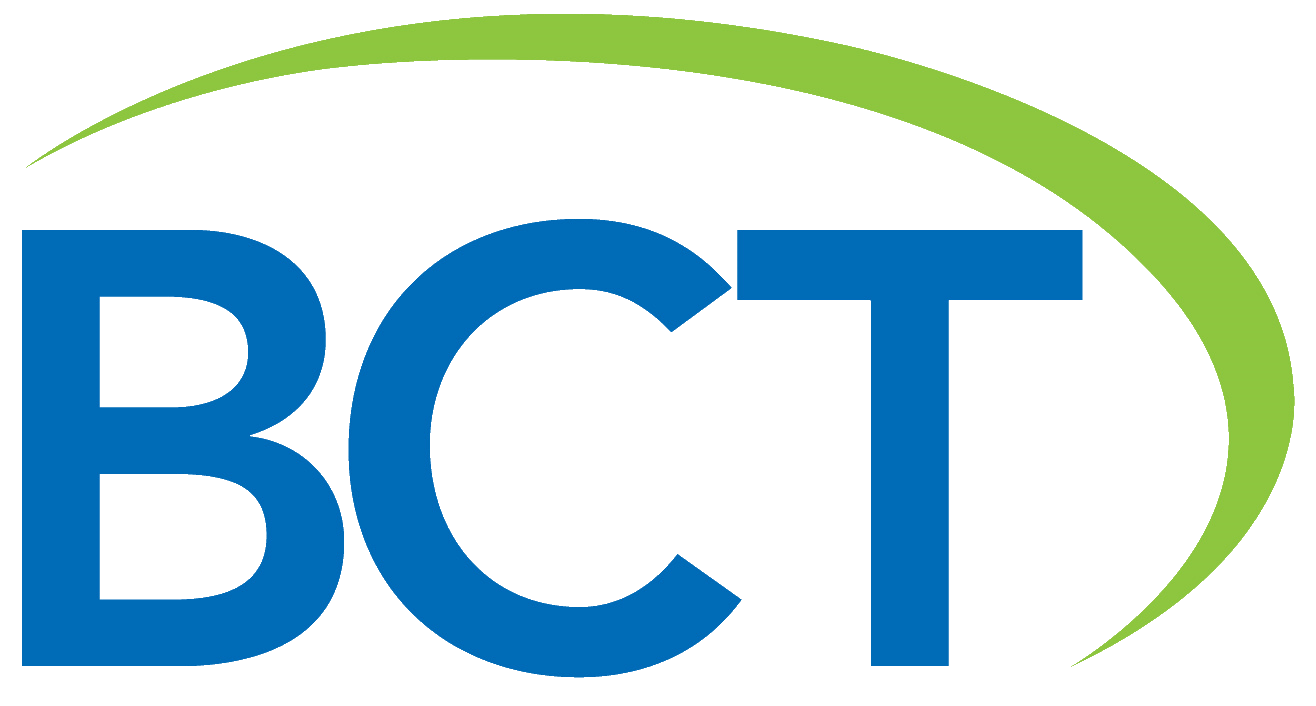’Tis the season for student loan scam calls
If you have a federal student loan, you probably already know that the Coronavirus emergency relief program that has paused your payments is ending. Repayments will begin again after January 31, 2022. Scammers know it, too, and are looking for ways to take advantage: they’re calling, texting, and e-mailing to try to use any confusion around restarting your student loan payments to steal your money and personal information.
Check out what some of these scam calls sound like.
If you get a call, text, e-mail, or message on social media from someone about your federal student loan, here are some things to keep in mind:
- Never pay an upfront fee. It’s illegal for companies to charge you before they help you. If you pay up front to reduce or get rid of your student loan debt, you might not get any help — or your money back. Also, remember that there’s nothing a company can do for you that you can’t do yourself for free. And you never have to pay to get help from the Department of Education.
- Never give out your Federal Student Aid ID, your Social Security number, or other personal information to anyone who contacts you. Scammers posing as student loan servicers can use this information to log into your account, change your contact information, and even divert your payments to them. Instead of giving out your FSA ID, call or contact your servicer.
- Don’t sign up for quick loan forgiveness. Scammers might say they can get rid of your loans before they know the details of your situation. Or they might promise a loan forgiveness program — that most people won’t qualify for. They might even say they’ll wipe out your loans by disputing them. But they can’t.
- Scammers use fake seals and logos to lure people in. They promise special access to repayment plans, new federal loan consolidations, or loan forgiveness programs. It’s a lie. If you have federal loans, go to the Department of Education directly at StudentAid.gov.
If a scammer contacts you, report it at ReportFraud.ftc.gov.
Go back to news feed.


